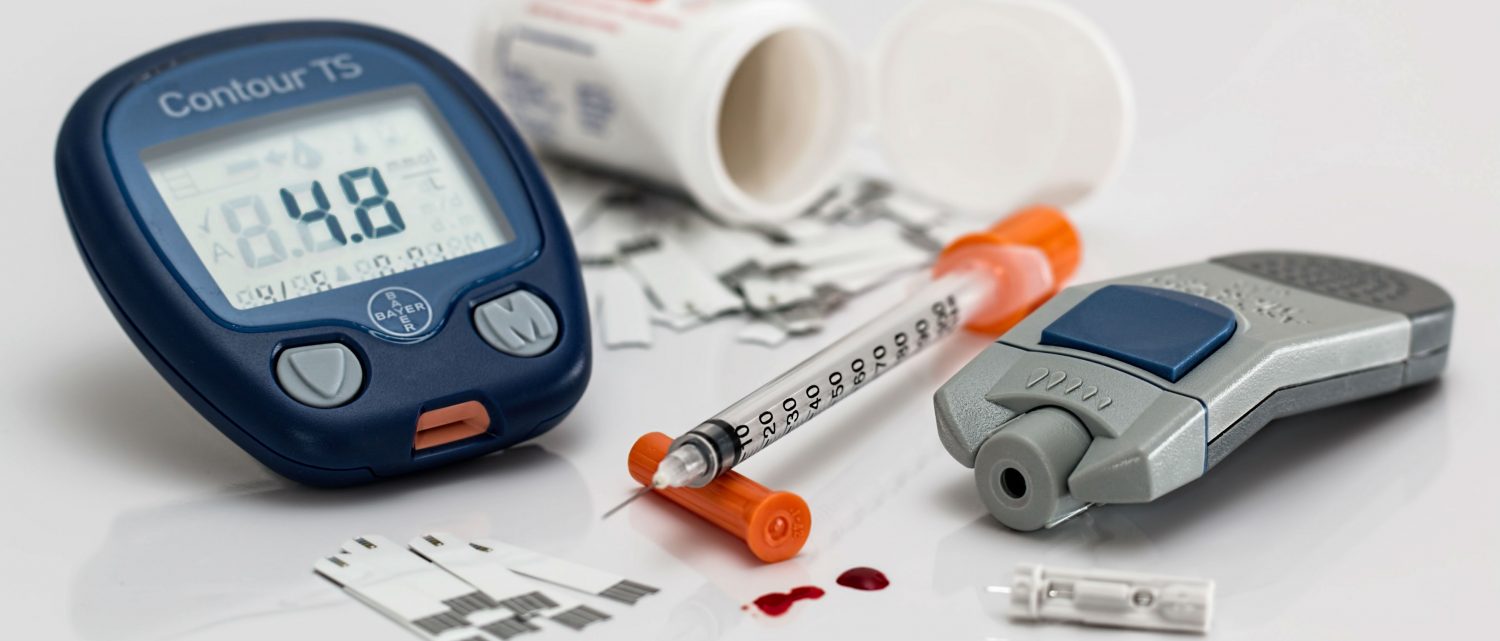How can I regulate my dog’s blood sugar levels to reduce the symptoms of diabetes?
Original Question: My 13-year-old Schnoodle was diagnosed with diabetes about 1 month ago but tested negative for Cushing’s disease. We started him on 4mm Caninsulin x2 and after a poor curve test just started with 5mm. Last week he suddenly went blind - just over a few days. In the last few days he has started pooping and peeing in the house - even while we are home and has runny stools. Is this par for the course or could there be something wrong with the insulin? Or should we be considering other complications? The decline since his diagnosis is swift - he is worse now than before starting the insulin. Help! Thank you. - Susan
 Jun 10, 2017
Jun 10, 2017
Hi Susan,
I’m so sorry to hear this.
One of the symptoms that can develop from diabetes is blindness due to cataracts. The process is that if the blood glucose levels remain high, the excess glucose will spill into the lens of the eyes and draw in water with it as well. This will create cataracts that light can’t penetrate which reduces vision and usually this occurs over a long period of time. I did have one case where it occurred over a matter of days, which surprised and concerned me. I contacted a veterinary ophthalmologist and she informed that this can occur in some cases but it is uncommon. It sounds like it has occurred in this case.
The best way to reduce the symptoms of diabetes, such as excessive water intake, excessive urination and reduced vision is to regulate the blood sugar optimally. It sounds like you are still struggling to accomplish this. It’s been my experience that many veterinarians are overly cautious with insulin, which results in a poorly regulated patient, but it’s impossible for me to know whether this is the case. The ideal level of glucose in the bloodstream should be between 2-7 mmol/L, but I often see veterinarians use an insulin dose that results in a glucose level far above that. Keep in mind that the degree of water intake and urination is directly related to the blood glucose level with this condition. Clients will see this symptom resolve within a day or two of achieving a close to optimum dose.
It sounds as though your veterinarian is working hard to achieve success in regulating your dog. I’ve come across challenging cases that don’t fit the norm and take a little longer to regulate. There can be complicating factors like other underlying conditions that interfere with the effectiveness of the insulin, improper administration of the insulin, improper mixing and storage of the insulin, and simple poor response in individual dogs to certain types of insulin. For example, if you don’t mix the insulin well after taking it out of the fridge and you still see a cloudy white ring around the bottom of the bottle, then the drug is really not getting into your syringe and then into your dog to treat it. I always have my staff demonstrate very meticulously how to properly mix the insulin, draw it up in a syringe and administer it to the pet in front of the owner so they can learn exactly how to do it. You can always ask one of the registered veterinary technicians at your veterinary clinic to demonstrate this to you so you know you’re doing it right.
If you are still not satisfied with the results of the recommended treatment, you can always go to an internal medicine specialist as a referral where they have a great deal of experience handling the ‘tough’ cases that aren’t responding as expected.
I hope this helps. Good luck.
Dr. Clayton Greenway
Disclaimer: healthcareforpets.com and its team of veterinarians and clinicians do not endorse any products, services, or recommended advice. All advice presented by our veterinarians, clinicians, tools, resources, etc is not meant to replace a regular physical exam and consultation with your primary veterinarian or other clinicians. We always encourage you to seek medical advice from your regular veterinarian.

